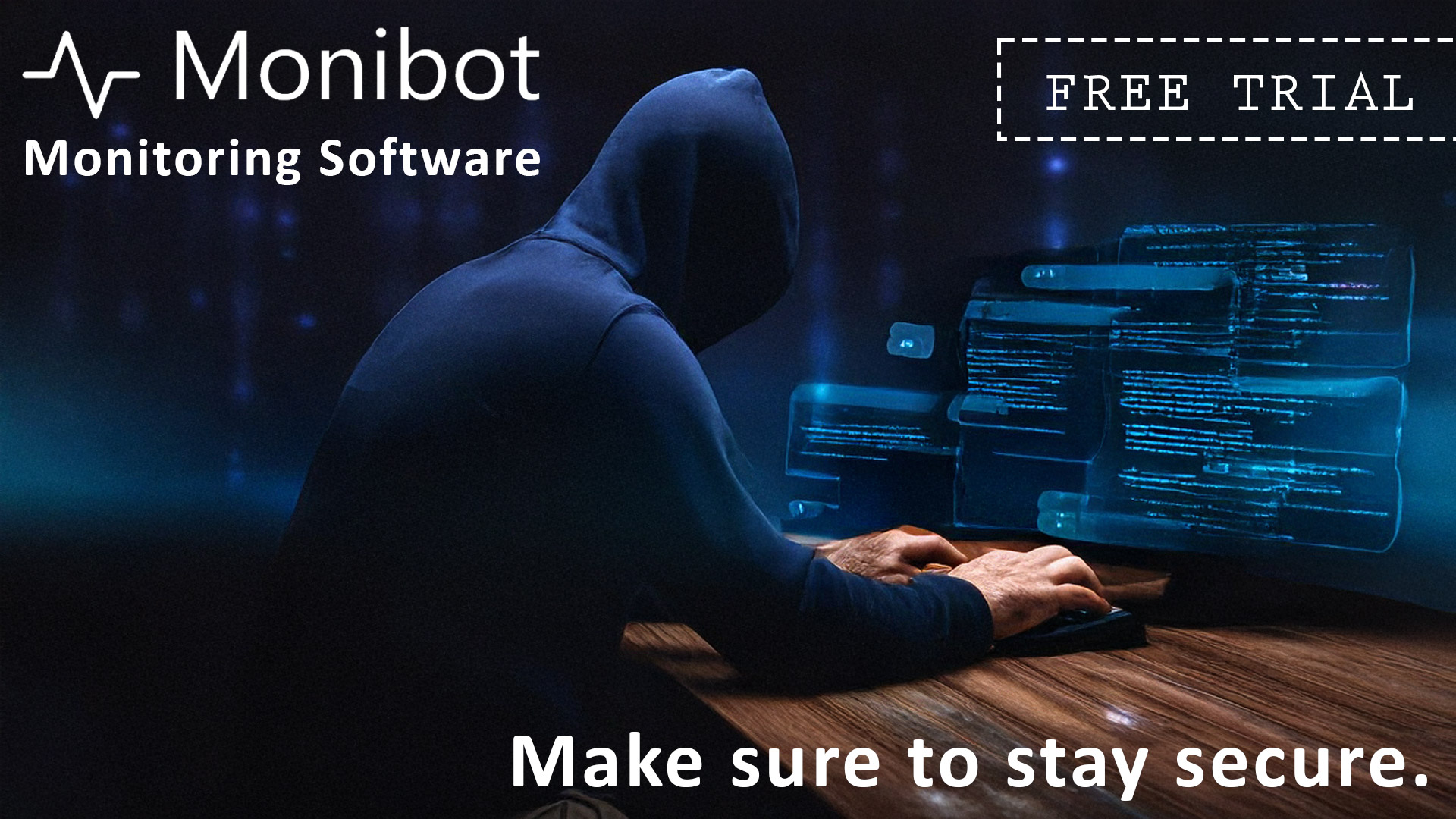Schleissheimer: Pioneers in Embedded Software Solutions
The development of software and hardware is Schleißheimer's daily business. The company offers a great deal of experience and expertise, particularly in the field of work machines, and acts as a strategic partner to the automotive industry. How exactly can you imagine this? Messe.TV presenter Klas Bömecke asks for you!
Software and hardware development for the automotive industry
Schleissheimer is a strategic development partner to the automotive industry and as such offers software and hardware solutions. But not only in the passenger car sector, but above all for work machines. This is a segment with great potential.


Klas Bömecke: Mr. Baumgärtner, I like your stand. Lots of flashing displays and such great buttons to operate, but what do I actually do with them? Pascal Baumgärtner: The vehicle is used to control a complete sewer cleaning vehicle. This means that we have access to the carrier vehicle as well as all the peripheral devices such as the pump, vacuum pump and wastewater treatment system, and everything can be controlled centrally here. Klas Bömecke: So what I see here, I can find later in a sewer cleaning vehicle. This pressure hose is controlled by this, among other things?
Pascal Baumgärtner:That's right. In principle, a simulation of a complete vehicle is running on our stand. These are the components that are also used in reality. I can open valves, build up pressure and even control the vehicle, i.e. increase the idling speed for the auxiliary drive. I get user-guided information here which guides the operator through the menu, i.e. help functions. An error memory is integrated, i.e. operating errors are recorded with pre-impose triggers so that it can be recognized when the vehicle needs servicing or whether the vehicle has been operated correctly and what can be done better in the future. Klas Bömecke: So you develop the software for multifunctional vehicles and marry it with the technology, i.e. with the truck itself? Pascal Baumgärtner: That's right, the body-mounted vehicle, they are available from classic manufacturers such as Daimler, Volvo or DAF, but the vehicle connections to these vehicle chassis still have to be made in the same way in order to record the data. And secondly, there is a different control system for all these superstructures. This in turn is the process know-how of the individual manufacturer. We access this data or parameterize this control system depending on the variant. We try to build up a long-term partnership - to develop the systems together with the customer. Not in the classic sense of implementing the systems on the basis of a specification sheet and thus completing the development order. We develop the systems together over a longer period of time. We implement additional functions that can be sold on to the end customer as an option model. Klas Bömecke: Where can your software be found, i.e. in waste water trucks?
Systems for sewer jetting vehicles, the airport sector and mining vehicles
Pascal Baumgärtner: We traditionally come from the automotive sector. There we are development partners of the well-known large Tier 1 suppliers. What we have just presented can be found in the field of sewer flushing vehicles, in the airport sector or in mining vehicles. We are looking for partners from every sector with whom we can work together to develop exclusive systems. Klas Bömecke: I know clouds from my private life, I can store my photos from my cell phone in them, but strangely enough, that also plays a role for you! Pascal Baumgärtner: Yes, of course, vehicles are becoming more and more intelligent these days and they already receive order data from the manufacturer, plus of course the vehicle data is tapped. We can run software updates on the vehicles and recognize when a vehicle needs to be serviced, keyword preventive maintenance. As a result, I don't have any idle time for the vehicles. Klas Bömecke: So you make sure that every single vehicle is always in operation - either with the parent company or with the manufacturer - and is always online? Pascal Baumgärtner: Exactly, especially as the vehicles are sold worldwide. Service is very important. This includes direct access, reading out fault memories in order to make appropriate diagnoses and, if necessary, being able to access them directly from a distance. Klas Bömecke: The future has already arrived in trucks. Where will Schleissheimer be heading in the next few years? Pascal Baumgärtner: Yes, the systems are constantly being expanded in order to find the optimum operating parameters, for example. If a vehicle consumes a few liters less fuel during working hours, that is a clear sales argument. This is calculated via intelligent cloud services where the computing power is outsourced.


Klas Bömecke: You have a good position in the market. Is there still room for more? Pascal Baumgärtner: Always. We are always ready to invest in new innovations to be prepared for the future. Klas Bömecke: Then I wish you continued success, thank you for talking to us! Pascal Baumgärtner: Thank you too, bye!




